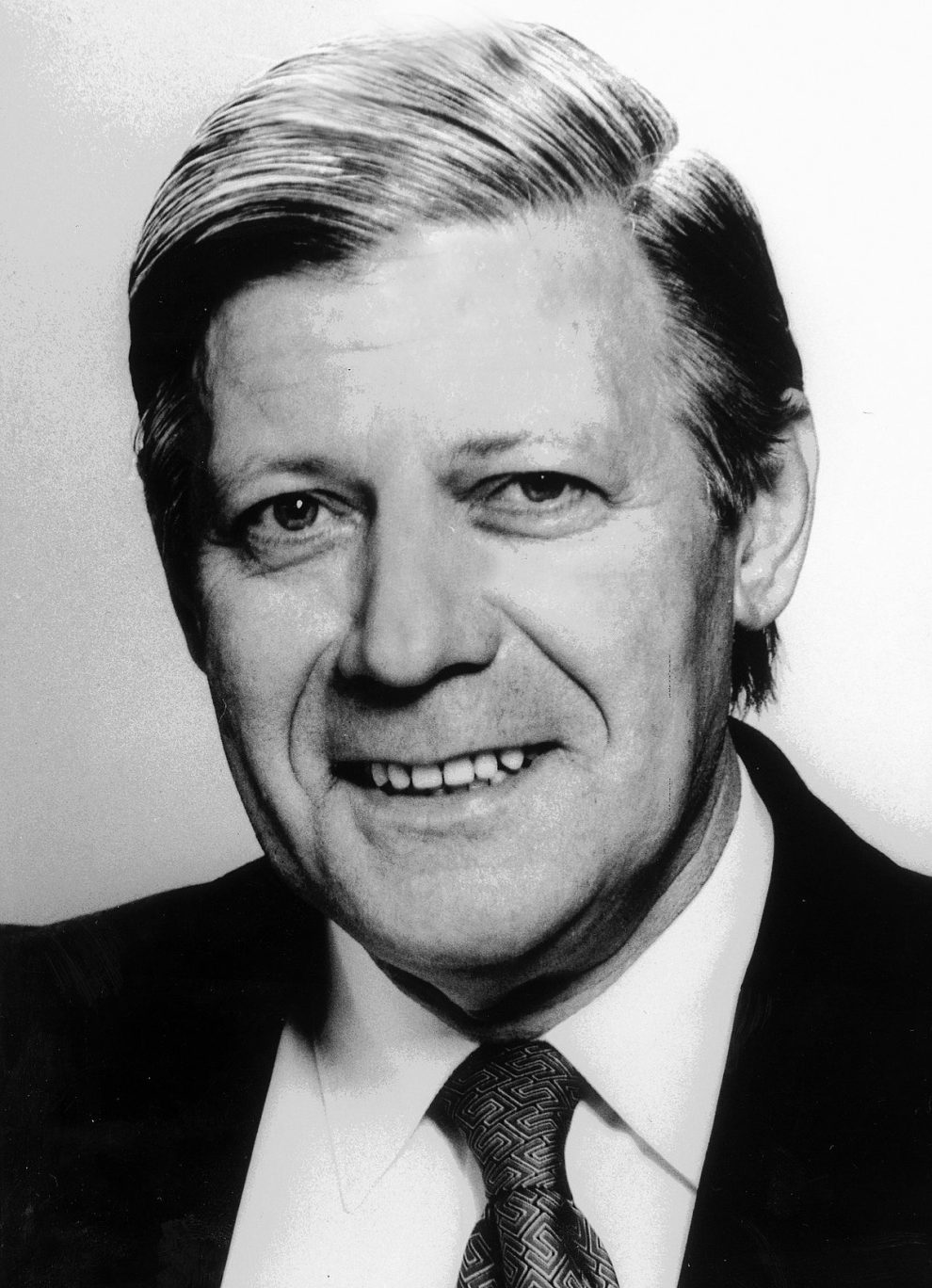Helmut Schmidt, born on December 23, 1918, in Hamburg, Germany, was a prominent figure in German politics and an influential statesman on the global stage. Throughout his life, he made significant contributions as a political leader, economist, and advocate for international cooperation. This article will delve into the life and legacy of Helmut Schmidt, highlighting his accomplishments and lasting impact.
Schmidt’s political career began in the aftermath of World War II when he joined the Social Democratic Party of Germany (SPD). In 1974, he became the Chancellor of West Germany, leading the nation during a period of profound social and economic challenges. His leadership style was characterized by pragmatism, intellectual rigor, and a steadfast commitment to democratic values. Schmidt implemented effective policies to address the energy crisis, promote social welfare, and strengthen Germany’s position in international affairs.
One of Schmidt’s notable achievements was his response to the economic recession of the 1970s. Through his mastery of economic policy, he successfully navigated West Germany through the turbulent waters of inflation and unemployment. His government implemented measures to control public spending, promote industrial growth, and maintain a stable currency. Schmidt’s pragmatic approach earned him respect from both domestic and international observers, solidifying his reputation as a skillful economist.
Furthermore, Helmut Schmidt was a staunch advocate for European integration. He played a pivotal role in advancing the idea of a united Europe, working closely with French President Valéry Giscard d’Estaing to promote economic and political cooperation among European nations. Schmidt recognized the importance of a united Europe in maintaining peace and stability on the continent. His efforts laid the groundwork for the European Union as we know it today.
Schmidt’s foreign policy was marked by a commitment to diplomacy and dialogue. He believed in fostering strong relationships with countries around the world and was a vocal proponent of disarmament. Schmidt actively engaged in discussions with leaders such as US President Jimmy Carter and Soviet General Secretary Leonid Brezhnev, playing a significant role in reducing Cold War tensions. His diplomatic efforts helped maintain stability in Europe during a time of heightened international tensions.
Moreover, Schmidt was an advocate for social progress and equality. He championed women’s rights, supported gender equality in the workplace, and fought against discrimination. Schmidt recognized the importance of a diverse and inclusive society and worked towards creating equal opportunities for all citizens.
Helmut Schmidt’s legacy extends far beyond his time in office. After leaving politics, he remained active in public life, sharing his expertise on various issues and providing valuable insights into global affairs. He was a prolific author and commentator, using his platform to advocate for responsible governance and international cooperation.
Sadly, Helmut Schmidt passed away on November 10, 2015, but his impact continues to resonate. He left behind a legacy of leadership, economic prowess, and a commitment to democratic values. His contributions to German politics, European integration, and global diplomacy make him a revered figure in history.
In conclusion, Helmut Schmidt was a remarkable statesman whose influence reached far beyond the borders of Germany. His pragmatic leadership style, economic expertise, and commitment to international cooperation have left an indelible mark on the world. Schmidt’s legacy serves as an inspiration for current and future generations of leaders, reminding us of the importance of integrity, diplomacy, and a steadfast commitment to democratic values



















Add Comment